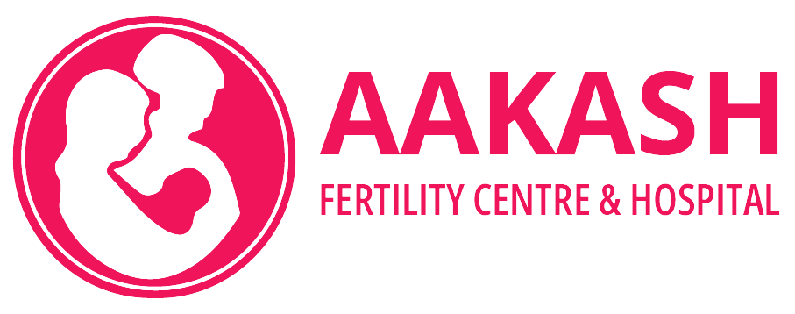Myths and IVF babies – Aakash IVF Centre
In recent decades, In Vitro Fertilization (IVF) has revolutionized reproductive medicine, offering hope to millions of couples struggling with infertility. Despite its widespread acceptance and success, IVF remains shrouded in myths and misconceptions, particularly regarding the health and well-being of babies born through this assisted reproductive technology. We debunk eight common myths associated with IVF babies, providing evidence-based facts to dispel misunderstandings and offer clarity on this important topic. Dr. Jeyarani Kamaraj and Dr. Niveditha Kamaraj at Aakash Fertility Hospital are top IVF specialists, providing top-notch care for fertility concerns, making it a premier destination for reproductive health.
Myth 1: IVF Babies Are “Test-Tube Babies”
Fact: While the term “test-tube baby” is commonly used to refer to babies conceived through IVF, it’s a misnomer. IVF involves the fertilization of eggs and sperm in a laboratory dish, but the embryo is then transferred into the woman’s uterus for implantation and gestation. Thus, IVF babies develop in the womb, not in a test tube.
Myth 2: IVF Babies Have a Higher Risk of Birth Defects
Fact: Research has shown that there is no significant difference in the rate of birth defects between babies conceived through IVF and those conceived naturally. Factors such as maternal age and underlying infertility issues may contribute to any potential risks, but IVF itself does not increase the likelihood of birth defects.
Myth 3: IVF Babies Are More Likely to Have Developmental Delays
Fact: Numerous studies have demonstrated that children born through IVF have similar developmental outcomes compared to naturally conceived children. Factors such as parental health, socioeconomic status, and the quality of parenting play a more significant role in a child’s development than the method of conception.
Myth 4: IVF Babies Have a Higher Chance of Multiple Births
Fact: While multiple pregnancies are more common with IVF due to the transfer of multiple embryos to increase the chances of success, advancements in technology and practices have led to a decrease in the rate of multiple births. Many clinics now opt for single embryo transfers, reducing the risk of complications associated with multiple pregnancies.
Myth 5: IVF Babies Have a Lower Intelligence Quotient (IQ)
Fact: There is no evidence to suggest that IVF babies have lower intelligence levels than naturally conceived children. Studies comparing the cognitive development of IVF children with their peers have found no significant differences in IQ scores or academic achievement.
Myth 6: IVF Babies Have a Higher Risk of Cancer
Fact: Research examining the long-term health outcomes of IVF-conceived children has not found any conclusive evidence linking IVF to an increased risk of cancer. Factors such as genetics and environmental exposures may play a role in cancer development, but IVF itself is not a significant risk factor.
Myth 7: IVF Babies Are Less Healthy Than Naturally Conceived Babies
Fact: IVF technology has advanced significantly over the years, leading to improved success rates and healthier outcomes for both mothers and babies. Comprehensive screening protocols, stringent quality control measures, and ongoing research contribute to the overall health and well-being of IVF-conceived children.
Myth 8: IVF Babies Have a Higher Risk of Premature Birth
Fact: While premature birth can occur in pregnancies conceived through IVF, the risk is often related to underlying maternal factors such as age and medical history rather than the IVF procedure itself. With proper prenatal care and monitoring, the risk of premature birth can be minimized, and IVF pregnancies can result in healthy, full-term deliveries.
As we debunk these myths surrounding IVF babies, it becomes evident that advancements in reproductive medicine have paved the way for safer and more successful fertility treatments. While concerns and misconceptions may persist, it’s essential to rely on evidence-based facts to guide our understanding. IVF offers hope to countless individuals and couples striving to build their families, and with proper medical care and support, the health and well-being of IVF-conceived children are comparable to those conceived naturally. By dispelling myths and promoting accurate information, we can foster greater awareness and acceptance of IVF as a valuable tool in overcoming infertility.
Schedule your appointment at Aakash Fertility Centre, Chennai’s premier IVF hospital, where compassionate care and cutting-edge technology converge to help you achieve your dream of parenthood.
– Aakash Fertility Centre & Hospital
CT : +9178712 33333

